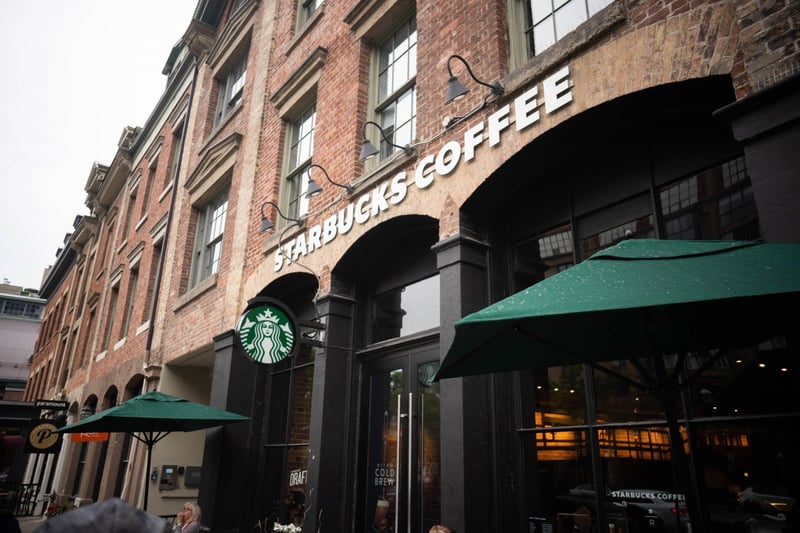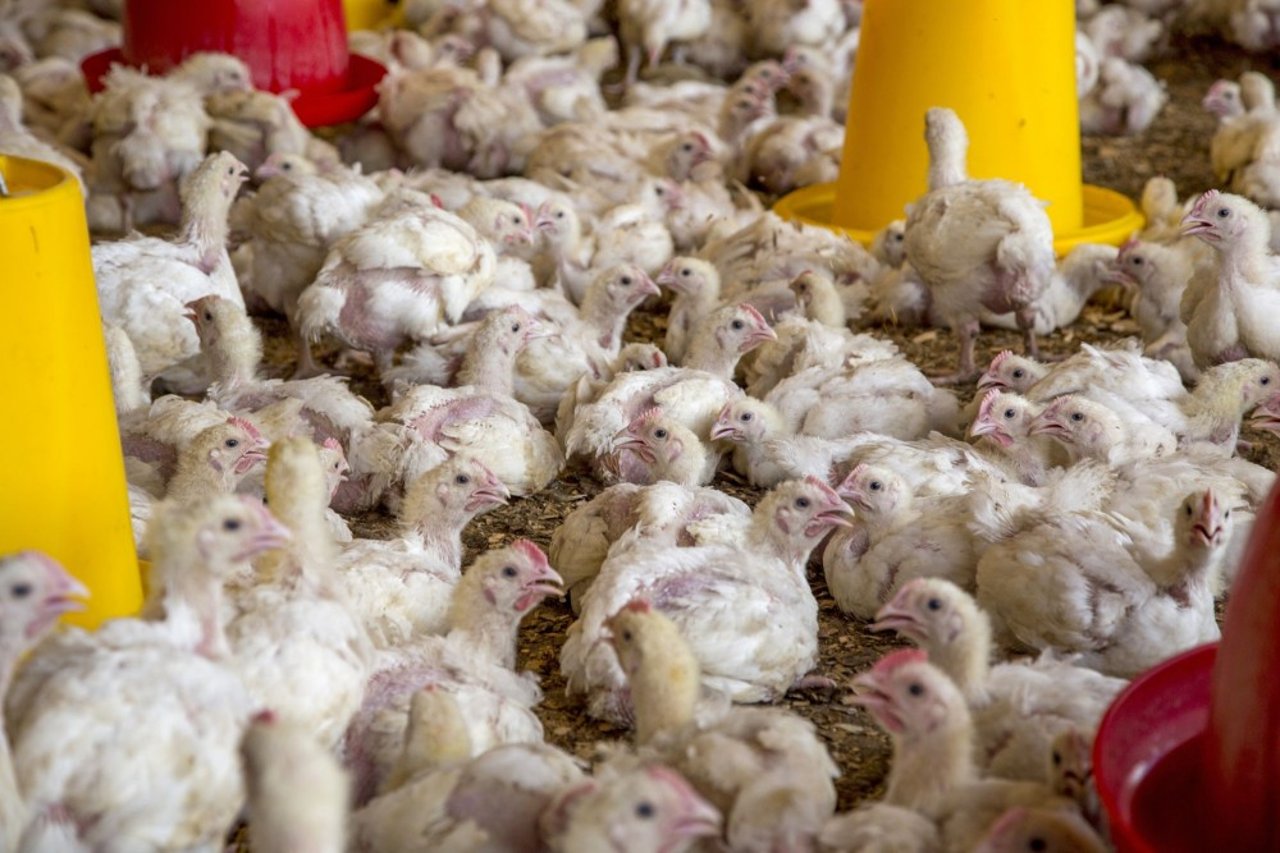
Eating less meat is about to get easier!
During an earnings call this week, Starbucks Chief Operating Officer Rosalind Brewer announced that the coffee chain has plans to roll out a plant-based breakfast sandwich this year, saying: “We will be introducing a breakfast sandwich this year with a plant-based patty both in [the] United States and Canada.” This comes hot on the heels of Starbucks CEO Kevin Johnson releasing a sustainability plan that includes the company’s mission to add more plant-based options.
While the world’s largest coffee chain has yet to say when the product will be introduced and which plant-based food supplier it will partner with on the sandwich, its competitor coffee brand Dunkin’ partnered with Beyond Meat last year to launch its Beyond Sausage Sandwich at its more than 1,900 locations nationwide in November.
Beyond Meat Breakfast Sausage Sandwich
Prior to this exciting announcement, World Animal Protection shared resources on plant-based innovation with Starbucks and had conversations with the coffee chain about the importance of animal welfare and meat reduction. Starbucks was listed as a “top performer” in the US in World Animal Protection’s recent report, The Pecking Order, for committing to Global Animal Partnership (GAP) broiler chicken standards North America. We applaud Starbucks’ commitment to giving customers an option to eat less low-welfare meat and believe diversifying protein offerings is a critical step in improving the lives of factory-farmed animals across the country
Factory farming came into existence to satisfy an ever-increasing demand for meat. However, with companies like Starbucks investing in plant-based foods, consumers in the United States—which has one of the highest rates of meat consumption in the world—can reduce their meat consumption and lower the overall demand for factory-farmed animal protein. World Animal Protection expects that intensive animal agriculture can start being phased out, creating a shift towards farming practices that are more sustainable and kinder to animals. Meat reduction has the potential to put an end to many of the cruelest industrial farming practices, such as extreme confinement, the overuse of antibiotics, and brutal mutilations.
Driving this global demand away from factory-farmed meat and towards plant-based eating is companies meeting their customers’ concerns about the planet, their health, and animal welfare. A recent Gallop poll found that 1 in 4 Americans have been eating less meat in the past 12 months. This poll follows a Mintel report on dining out that found more than one in five diners want restaurants to offer more plant-based entrees. Similarly, a report released last month by Renub Research predicts the global plant-based meat market to be worth more than $7 billion by the end of 2025.
So what are you waiting for? Join the movement of people committed to helping the planet, their health, and countless animals by eating more plant-based foods and only consuming meat from small family farms. Pledge to #EatLessMeat today!
We applaud Starbucks’ commitment to giving customers an option to eat less low welfare meat and believe diversifying protein offerings is a critical step in improving the lives of factory-farmed animals across the country.With companies like Starbucks investing in plant-based foods, consumers in the United States—which has one of the highest rates of meat consumption in the world—can reduce their meat consumption and lower the overall demand for factory-farmed animal protein.

